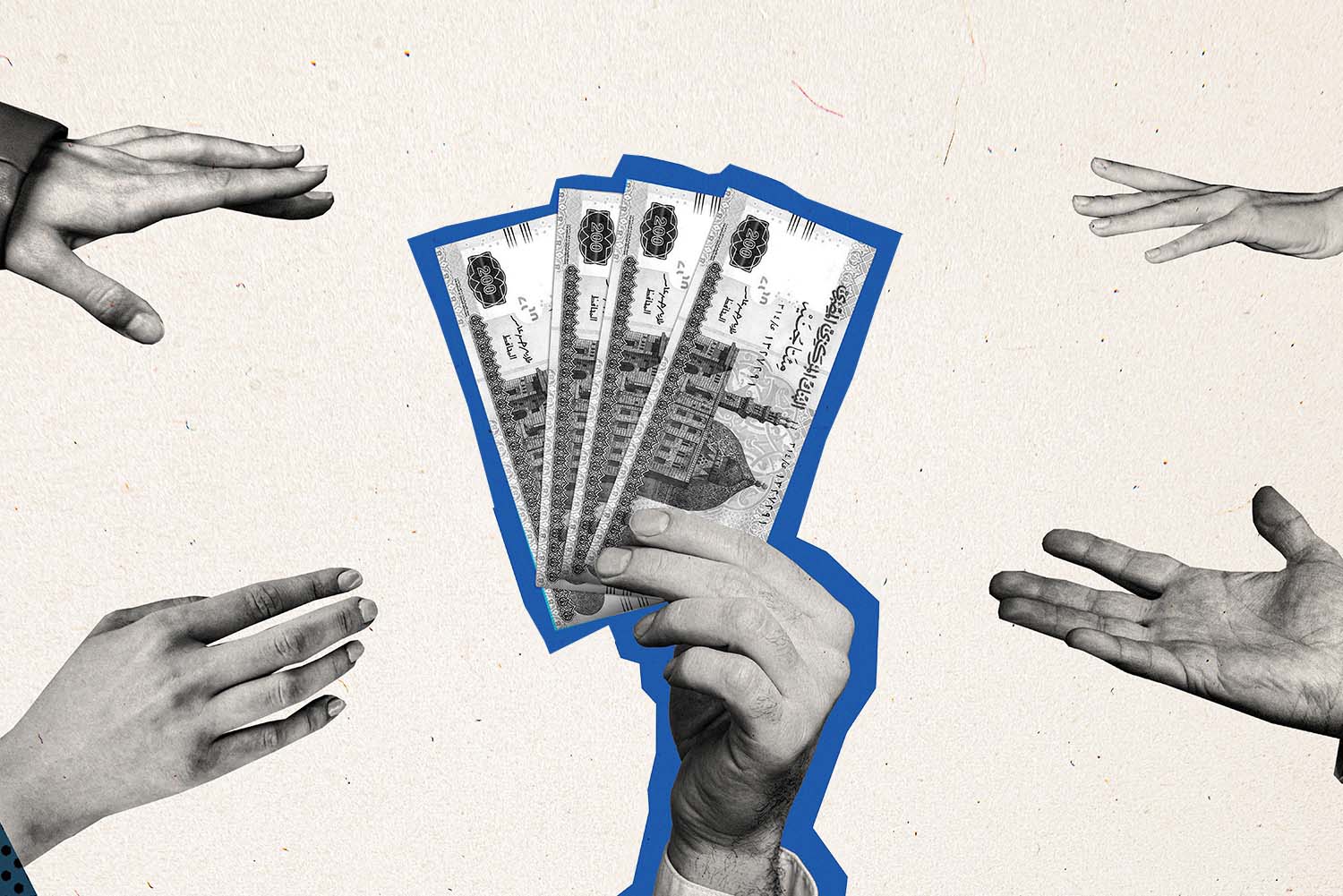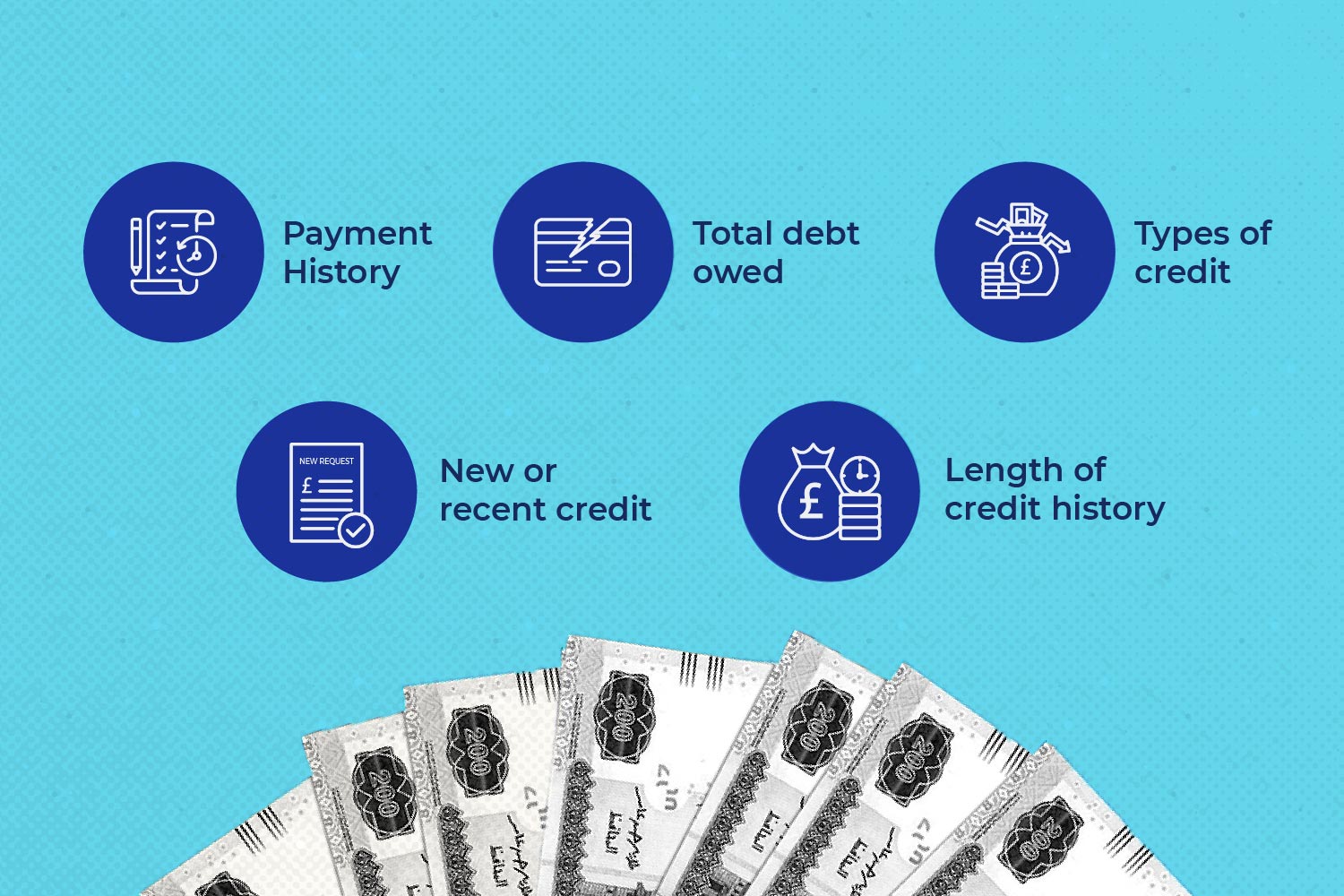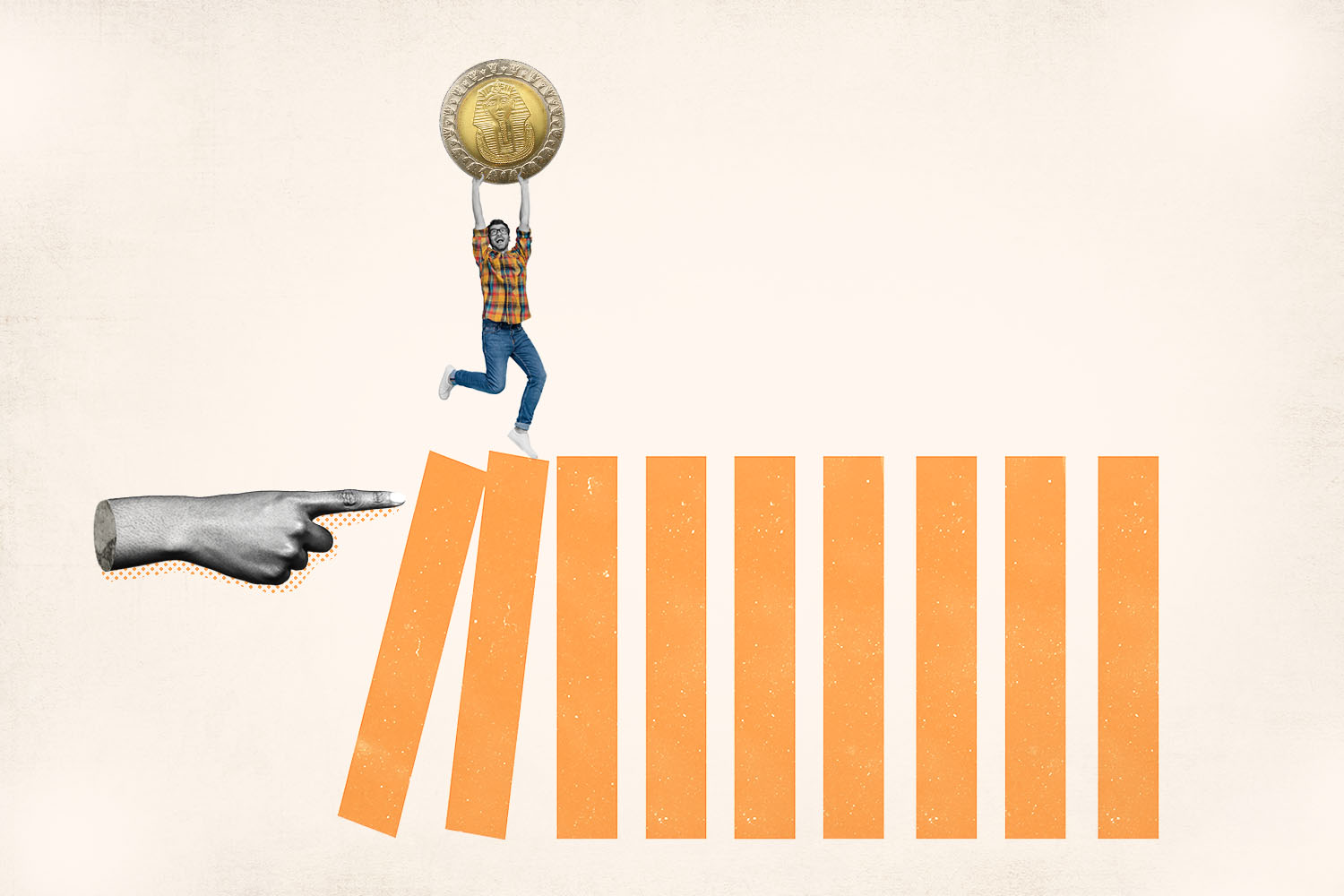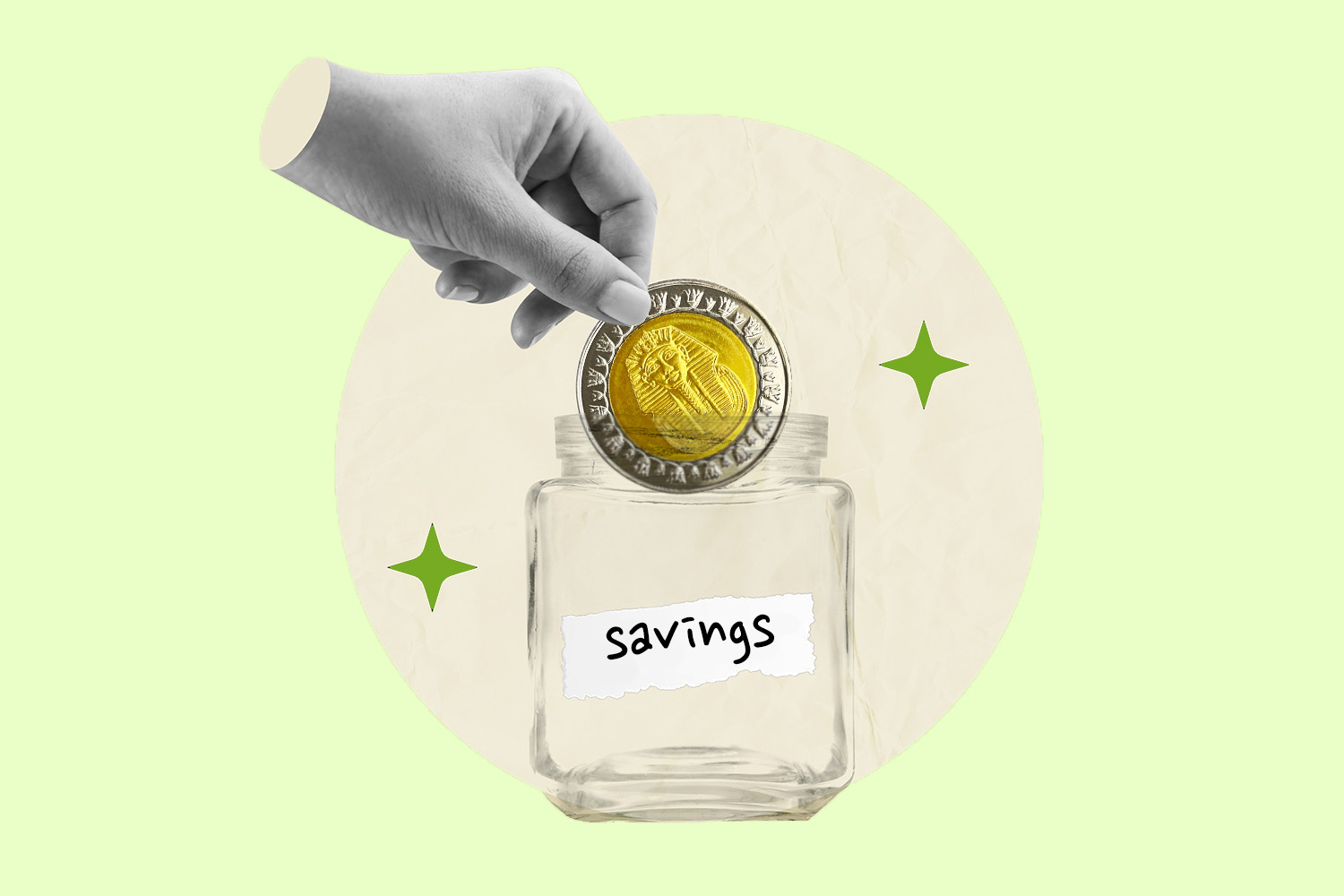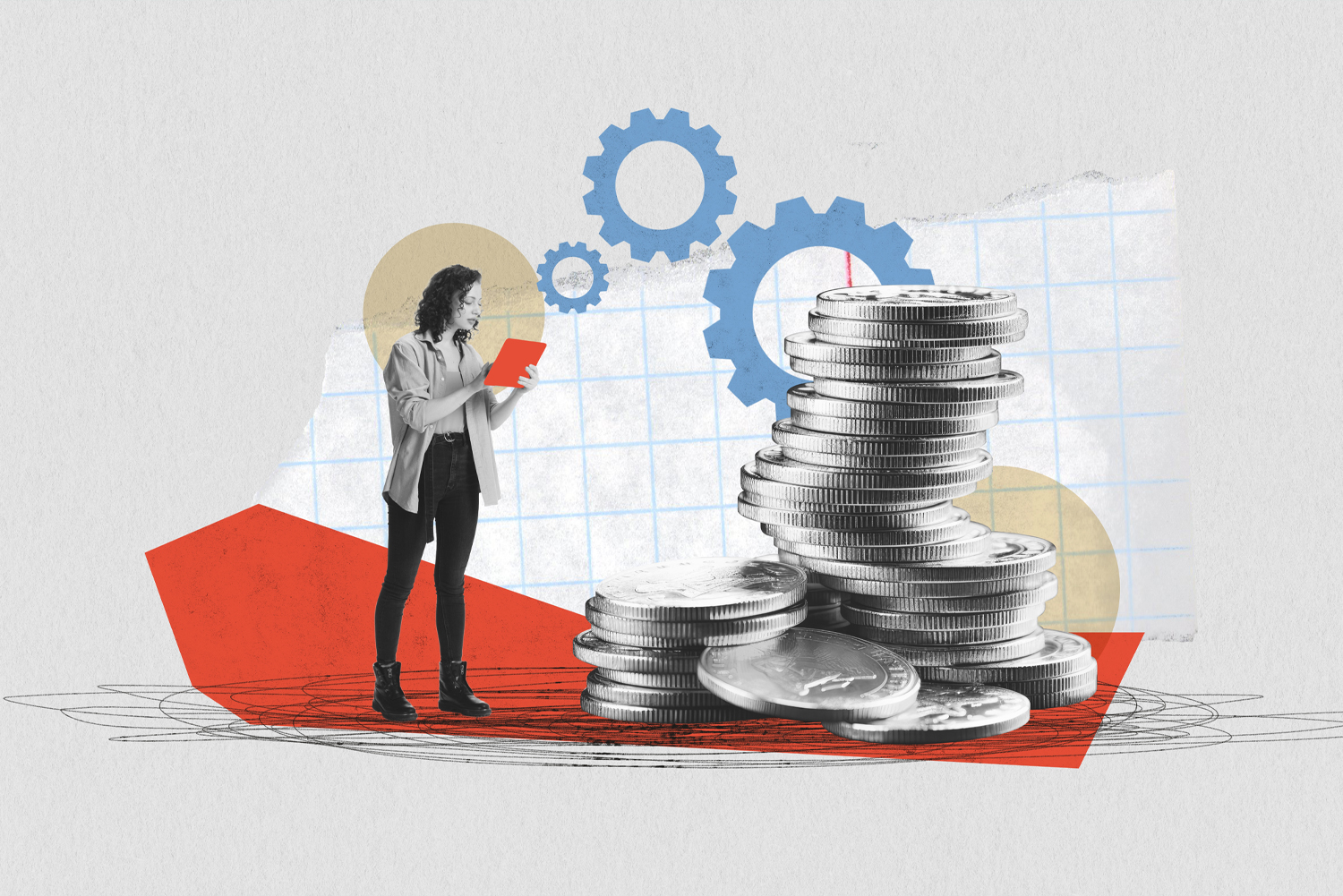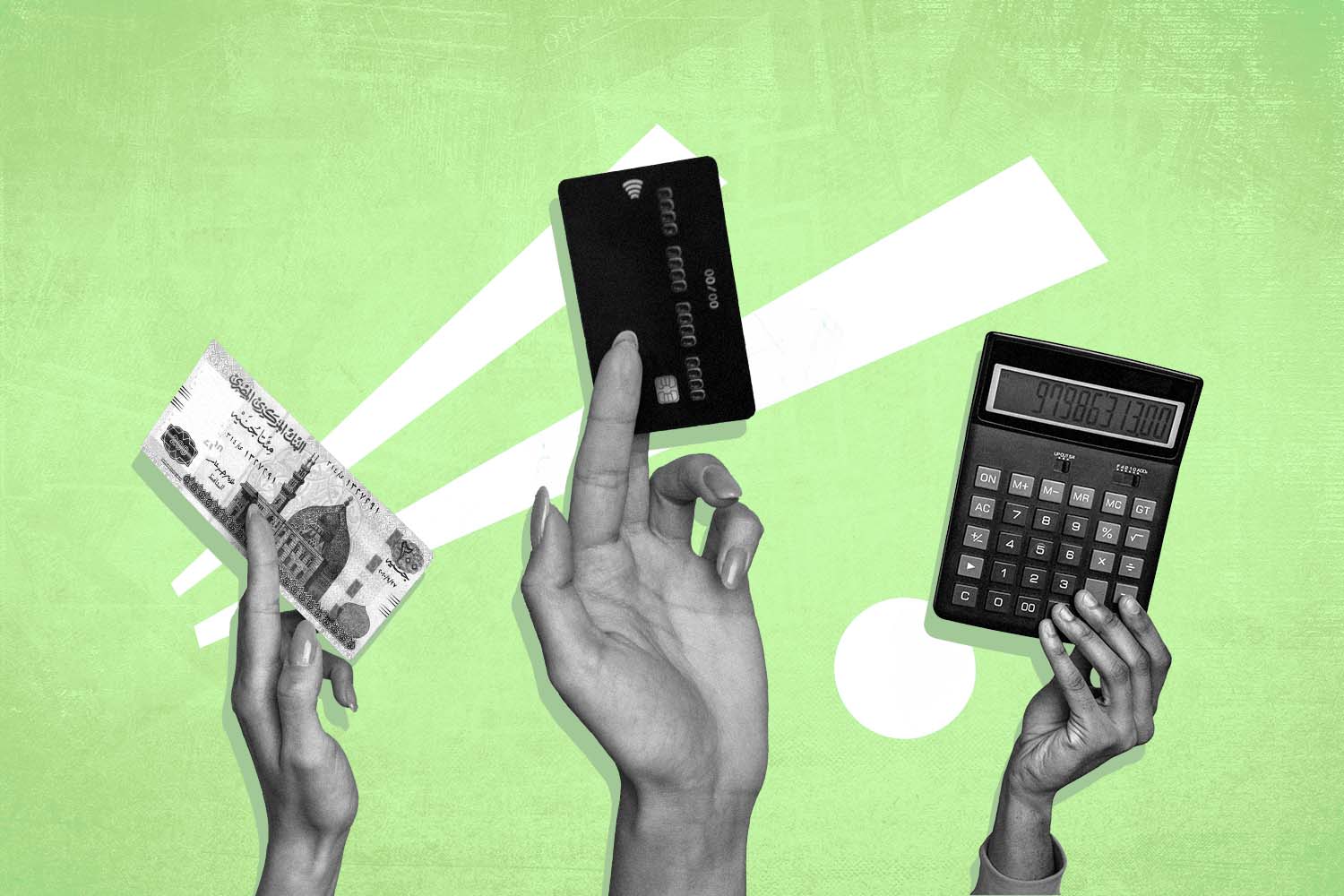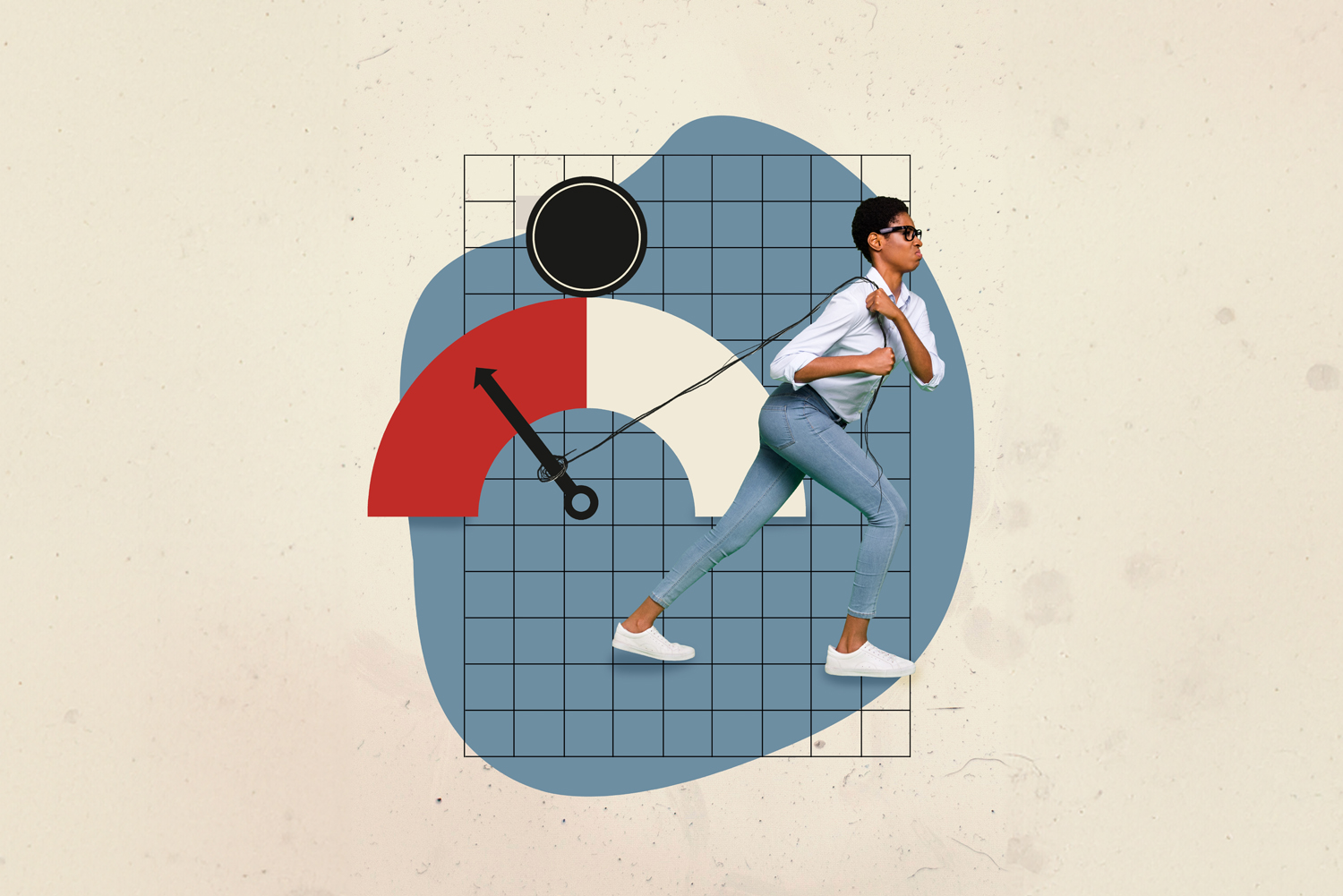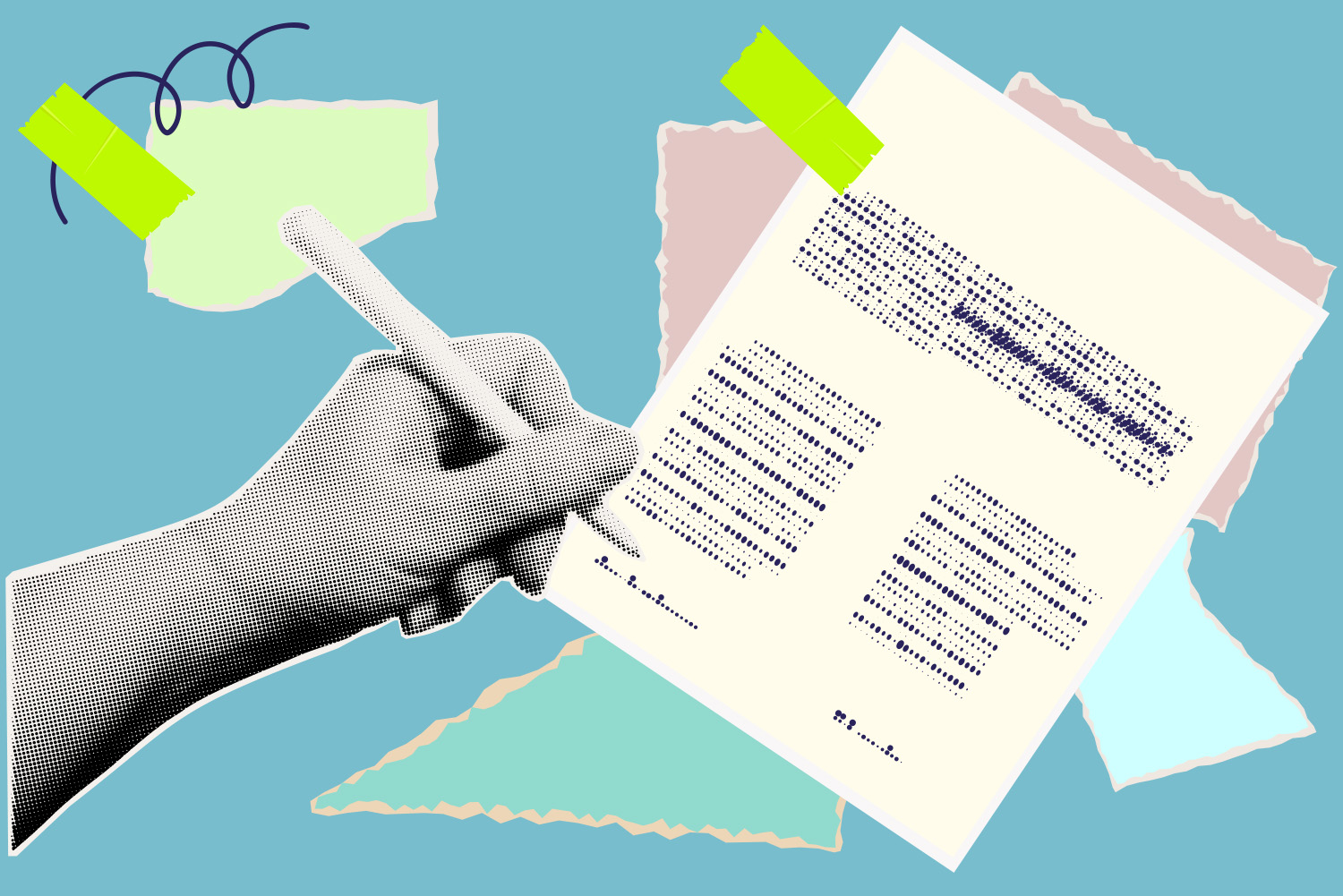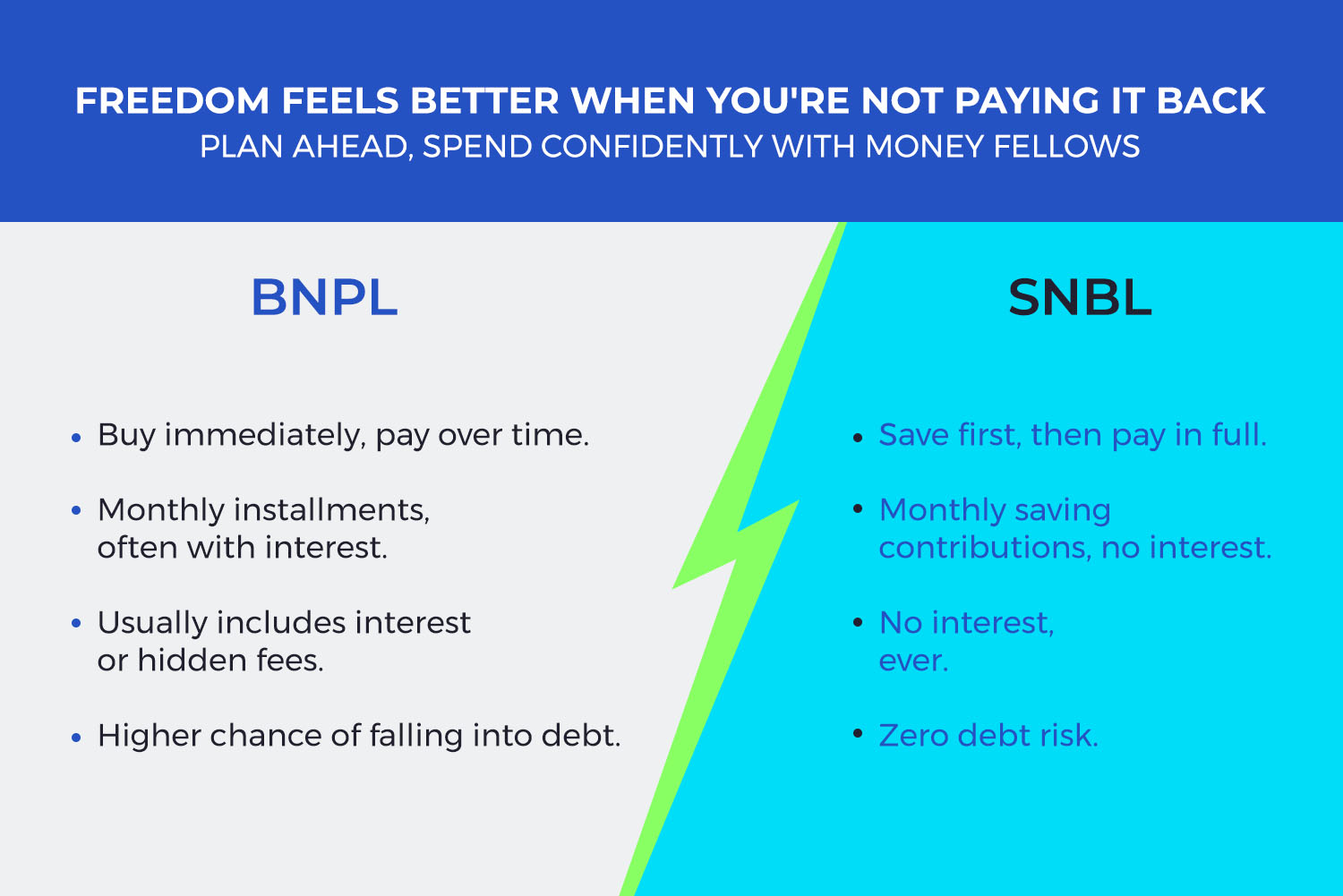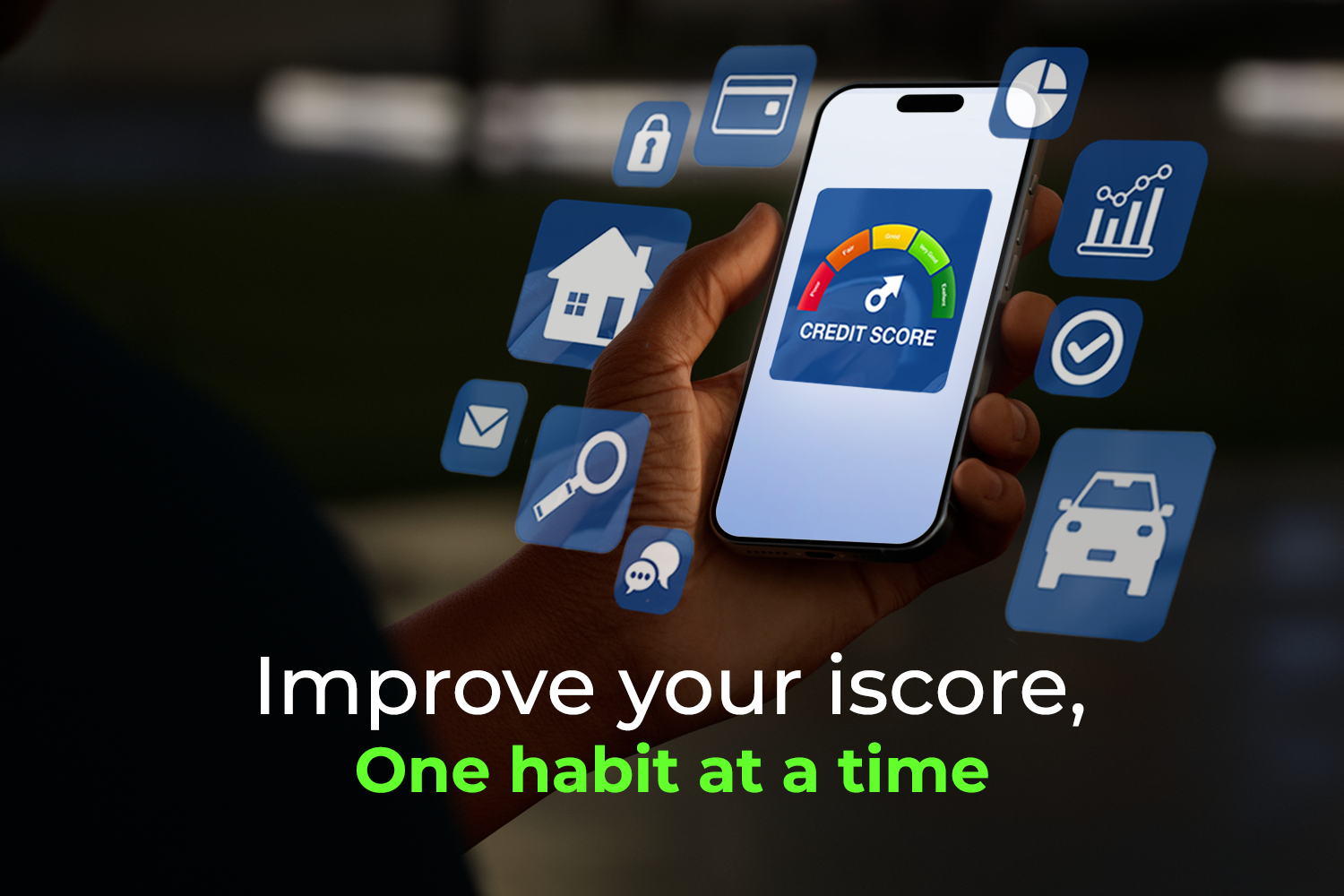Did you know that any personal loan can impact your I-Score in different ways, both positive and negative? Taking out a personal loan doesn’t necessarily harm your I-Score. However, it may lower your credit score temporarily, making it harder to take out additional loans until you've repaid the existing one.
On the flip side, if you repay your loan on time, it can positively impact your I-Score overall. If you’re considering getting a loan soon, it's crucial to thoroughly research, compare all your options, and understand how loans affect your I-Score. This will help you find the best loan for your needs, even if your credit score isn’t very high.
What is a Loan?
A loan is an amount you borrow from a bank to use for specific purposes, such as paying off debts, buying a new home, renovating it, or planning for a business project. The amount you borrow comes with a repayment term and typically includes interest.
When planning to take out a personal loan, it's important to familiarize yourself with the following terms:
- Repayment Period: This is the timeframe during which you repay your loan in installments.
- Loan Fees: These are upfront costs you pay to get the loan.
- Interest Rates: This is the percentage added to your loan amount, which is the bank's profit. Interest rates vary depending on the type of loan and regulations from the Central Bank of Egypt.
Types of Loans
Loans are generally divided into two types: secured loans and unsecured loans.
- Secured Loan: This type requires collateral for approval. Collateral can be a cash asset like a savings account or certificates, or a physical asset such as a car or property. If you fail to repay your loan, the bank has the right to claim the collateral to cover the debt.
- Unsecured Loan: This doesn’t require any collateral. Since banks view this type as a higher risk, interest rates are typically higher.
How to Apply for a Personal Loan
Many banks now offer the convenience of online loan applications, which are fast and easy. During the application process, you’ll need to provide personal and financial details, such as your name, address, job, and employer information. You’ll also need documents such as:
- Personal ID
- Proof of residence
- Bank statements or proof of income
Once your application is accepted, the next step is reviewing the loan terms, including the loan amount, interest rate, repayment period, and monthly installment. Typically, the loan is approved within a few days.
